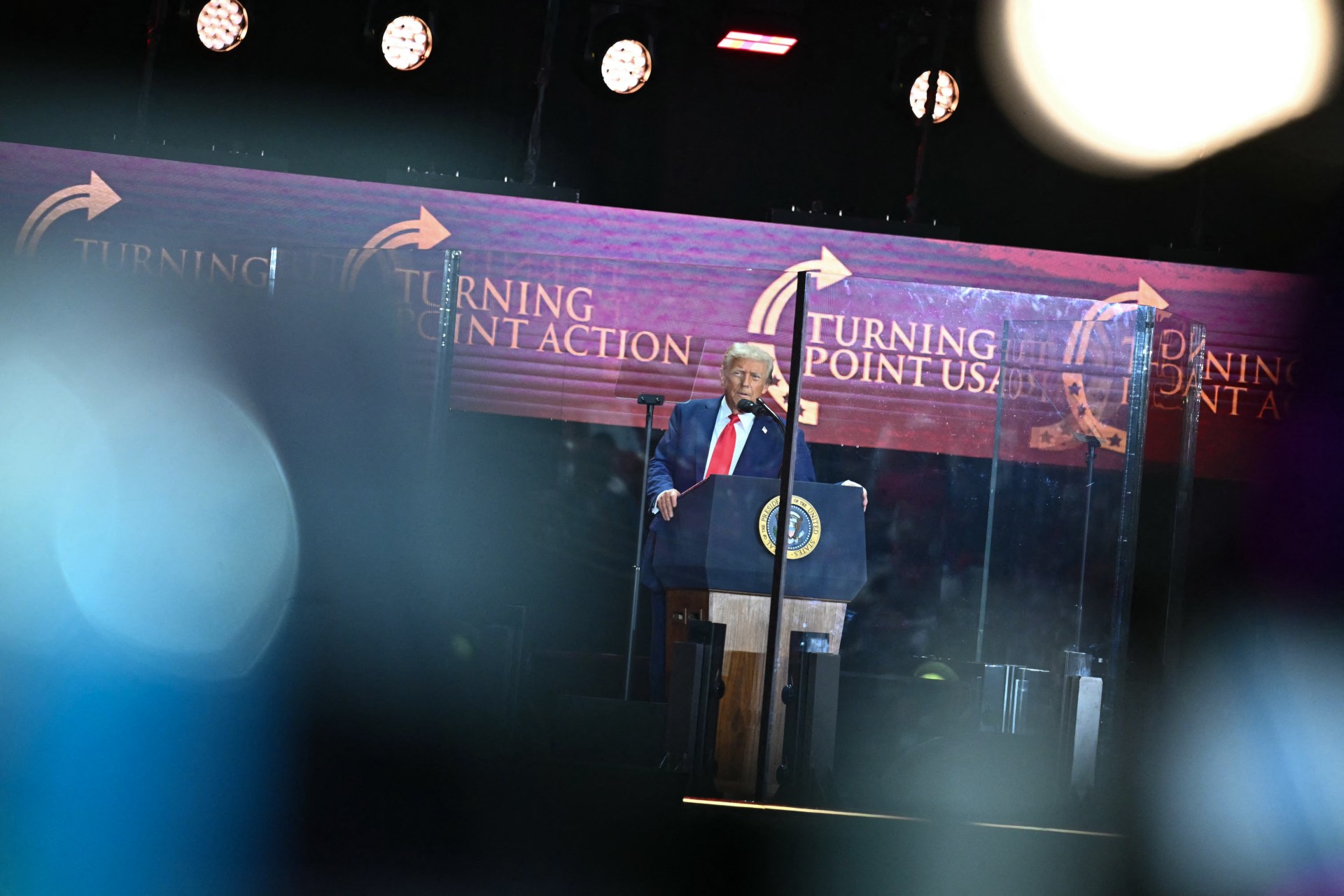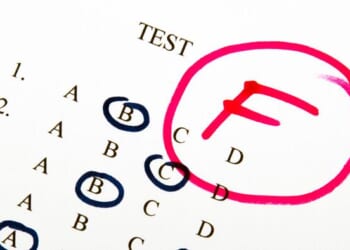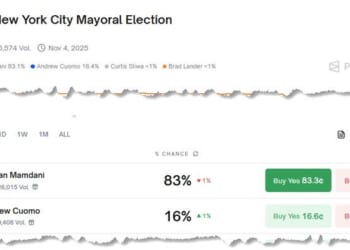We’re actively working on improvements to better serve our community, and we want to hear directly from our readers about their experience with our content. Will you take 5-10 minutes to share your thoughts in a quick survey? Your responses will help us continue to improve your Dispatch experience.
We’re actively working on improvements to better serve our community, and we want to hear directly from our members about their experience with our content. Will you take 5-10 minutes to share your thoughts in a quick survey? Your responses will help us continue to improve your Dispatch experience.
Hello, and happy Saturday. I wish I could have joined many of my colleagues in D.C. this week for our inaugural SCOTUSblog summit, but we are welcoming an exchange student to the Ohio bureau next week, and last-minute preparations for her arrival are in full swing. You can read Kelsey Dallas’ write-up of the event here.
Last week, I wrote about the Trump administration’s challenges to the First Amendment pertaining to Federal Communications Chairman Brendan Carr’s threat to Disney and ABC regarding comments Jimmy Kimmel made regarding Charlie Kirk’s assassination. The network suspended Jimmy Kimmel Live! for several days, but Kimmel returned to the airwaves earlier this week, and, as of this writing, President Donald Trump has not made good on his threat to sue ABC.
But something that Kevin D. Williamson wrote in his Wanderland newsletter (🔒) on Monday in response to that and other recent moves by the Trump administration is worth revisiting, as it set the scene for the events of the past week. Kevin wrote:
The morality and character of public men, as I keep repeating, is not merely a metaphysical matter, something to consider in light of the hereafter: It is an eminently practical concern. Trump’s character is low, to be sure, but its lowness is not its distinguishing characteristic: The defining feature of Trump’s character is its immaturity. Donald Trump is a man who soon will be 80 years old with the character of a 2-year-old, who can discern no higher good beyond: “I WANT!”
A week ago on Friday, U.S. Attorney for the Eastern District of Virginia Erik Siebert resigned from his post, hours after President Donald Trump told reporters in the Oval Office that he wanted Siebert out. Trump had pressured the prosecutor to bring mortgage-fraud charges against New York Attorney General Letitia James—who successfully sued Trump for civil fraud in 2023—but Siebert and his team had not found enough evidence to do so.
One day after that resignation, the president posted a message to Truth Social, directed at Attorney General Pam Bondi. “Pam,” it read. “I have reviewed over 30 statements and posts saying that, essentially, ‘same old story as last time, all talk, no action. Nothing is being done. What about Comey, Adam ‘Shifty’ Schiff, Leticia??? They’re all guilty as hell, but nothing is going to be done.’ … We can’t delay any longer, it’s killing our reputation and credibility. They impeached me twice, and indicted me (5 times!), OVER NOTHING. JUSTICE MUST BE SERVED, NOW!!! President DJT”
Trump replaced Siebert with Lindsey Halligan, one of his personal lawyers who worked on the classified documents case brought by former special counsel Jack Smith. Halligan had most recently been a White House aide investigating whether Smithsonian Institution exhibits contained “improper ideology.” She has little prosecutorial experience.
But that lack of experience did not stop Halligan from acting quickly in her new role. On Thursday, she secured a grand-jury indictment against former FBI Director James Comey. Comey was the FBI director when Trump first entered office in 2017, but Trump fired him months later while Comey was investigating potential Russian interference in the 2016 election, and he’s been on Trump’s list of targets for retribution ever since.
The charges against Comey—making false statements to Congress and obstruction of justice—are related to testimony he provided to Congress in 2020 regarding that investigation. It’s worth noting that Comey’s testimony was on September 30, 2020—meaning the five-year statute of limitations for such charges ends this coming Tuesday.
On Tuesday, Michael Warren wrote about how the Justice Department has essentially become Trump’s own private legal team. Pointing to a quote from Justice Department chief of staff Chad Mizelle, who told journalist Ruth Marcus, “You have one client, and you have to represent that one client. … The President is the executive branch,” Michael wrote:
Mizelle may have been merely recapitulating the unitary executive theory, a legal framework in which the power of the executive branch is vested entirely within the office of the president. But he was also expressing a different, and more alarming, view that has seeped into the operation of the Justice Department: Trump himself is the client, and what the client wants takes precedence over the law and the process.
In his Friday G-File, Jonah Goldberg admitted that he is weary of writing about one crisis or outrage after another.
Other than the specific facts … what new is there to say? Trump wants revenge. He’s using the government to punish his enemies. He’s undermining institutions to get it done. His partisan defenders are hypocrites—and so are many of his partisan critics. It’s the same plot, different episode of the same show.
My point isn’t to dismiss or diminish the importance of Trump’s pretextual attack on Comey, it’s just that some days it’s just too wearisome to add much to what everyone knows and has heard already, with a few different names or constitutional norms to check off.
Let that serve as your permission slip to go enjoy a lovely fall weekend, see if your favorite baseball team can make the playoffs, take in a show, or spend time with family. But before you go, don’t miss the other great stuff we published this week. Thanks for reading.
What’s so devious about the social problems caused by the internet is that there is no policy program, no fatwa, no Amish theocracy that could wind back the clock: Technology doesn’t work like that. Indeed, the most unrealistic part of Dune, with its interstellar travel and magic laser shields, is actually the “Butlerian Jihad,” the idea of a populist, atavistic revolt so thorough that all tech progress stops in its tracks or even reverses. Indeed, the Luddites fought a losing battle: The machines were never going to leave the factories, no matter how many they destroyed. So we’re stuck with the internet. But … we kind of can’t be stuck with it as it is. The question then becomes: How can we change our relationship with the internet so that it works for us, rather than against us?
Four score and five years after the founding of the American republic, disunion and civil war threatened what President Abraham Lincoln called “the fate of these United States.” Akin to the Revolution of 1776, Lincoln told Congress on July 4, 1861, “This is essentially a people’s contest.” The struggle tested two things: the very survival of a natural rights republic, and the viability of democratic self-government. On the first, Lincoln pronounced: “On the side of the Union, is a struggle for maintaining in the world that form and substance of government whose leading object is to elevate the condition of men; to lift artificial weights from all shoulders; to clear the paths of laudable pursuit for all; to afford all an unfettered start and a fair chance in the race of life.” And on the second, he declared: “The central idea pervading this struggle is the necessity that is upon us of proving that popular government is not an absurdity. If we fail it will go far to prove the incapability of the people to govern themselves.”
In addition to being a devout believer, a widow, and a mother to two very young children, Erika Kirk is the new leader of her husband’s group, Turning Point USA. Few conservatives in the United States will have as much political influence as she does in that job, especially over younger adults. She’s also the most sympathetic Republican in the country and may remain that way for a long time. (How many sympathetic Republicans are there in 2025, really?) Politicians will beg for her endorsement. Right-wing media outlets will scramble to provide her with a platform. And because of the ordeal she’s suffered and the moral authority she established for herself in Sunday’s eulogy, she’ll be free to speak her mind to an unusual degree for a member of Donald Trump’s party. In a party of boorish self-styled “fighters,” no one will want to fight with Erika Kirk. Which master will she serve in exercising that freedom?



















